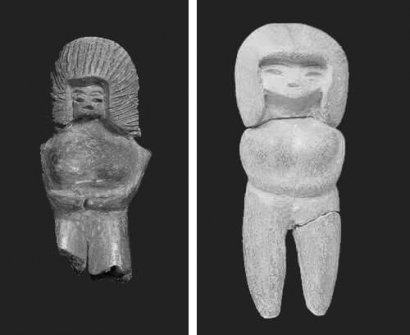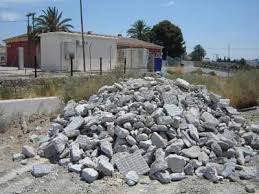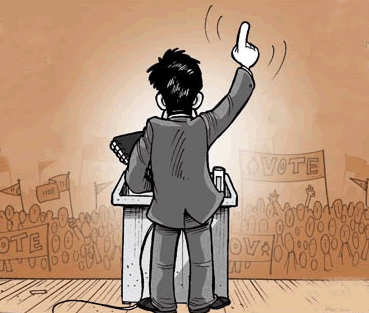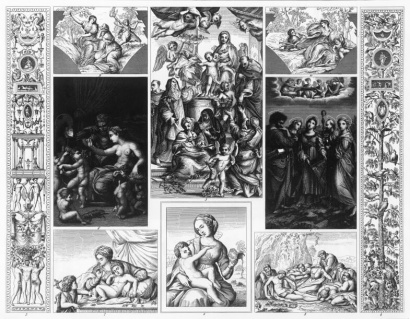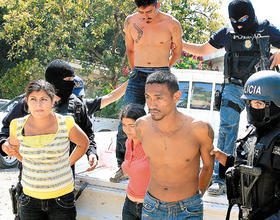 La Catrina, also known as La Calavera Garbancera, is a fictional character created by the Mexican illustrator Juan Guadalupe Posada and popularized by a famous Mexican painter, Diego Rivera.
La Catrina, also known as La Calavera Garbancera, is a fictional character created by the Mexican illustrator Juan Guadalupe Posada and popularized by a famous Mexican painter, Diego Rivera.
La Catrina and the Day of the Dead
The character created by Juan Guadalupe Posada is more than just a skull. In fact, through his illustrations a portrait of Mexican society was made, especially the joys and sorrows of a people that lived in a deep crisis and with great social differences.
La Catrina and the rest of the skulls in her stories dress in gala clothes and participate in lively parties in the context of the Day of the Dead. With these representations the author expressed a double message: the hypocrisy of society and, in parallel, the demystification of death, an essential aspect in Mexican culture that comes from pre-Columbian civilizations and that was later integrated into the Catholic tradition.
On the other hand, with the character of the Catrina, its author was criticizing a sector of society, those popularly known as garbanceros, that is, people with indigenous blood who pretended to be Europeans and, therefore, denied their culture and its roots.
La Catrina became a cultural reference and this made the painter Diego Rivera immortalize her in a mural entitled "Dream of a Sunday afternoon in the Alameda Central." Based on this background, the image of La Catrina, a skull with an elegant and striking hat, is part of the Mexican national symbolism and the collective imagination. For this reason, in the celebration of the Day of the Dead, the Catrina costume is one of the most popular.
La Catrina in the movie "The Book of Life"
 In 2014, the movie "The Book of Life", an animated romantic comedy that tells the story of Manolo, a bullfighter who has no courage to kill a bull, and of Joaquín, a humble man who is in love with María, as well as other secondary characters.
In 2014, the movie "The Book of Life", an animated romantic comedy that tells the story of Manolo, a bullfighter who has no courage to kill a bull, and of Joaquín, a humble man who is in love with María, as well as other secondary characters.
In addition to the human characters, two spirits appear: Xibalba, the lord of a Mexican hell called the Land of the Forgotten, and the Catrina, who represents death and is the one who governs the Land of the Remembered. In this way, the plot takes place in the world of the living, but the world of the dead is very present. And for the plot to have the ingredient of social criticism associated with the traditional Catrina, there is a clear denunciation of bullfighting as a barbarian spectacle, a hot topic in current Mexican society.
Photos: Fotolia - ramonespelt / AGcuesta
